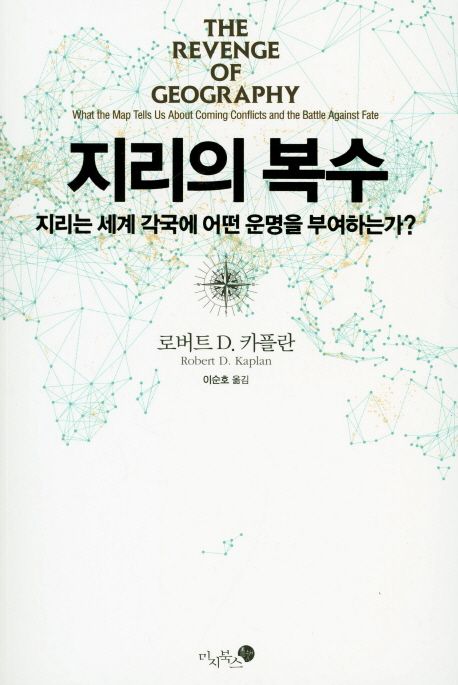
단행본
Geopolitics and empire: the legacy of Halford Mackinder
- 발행사항
- New York, NY : Oxford University Press, 2009
- 형태사항
- xiv, 344p. ; 23cm
- ISBN
- 9780199230112
- 청구기호
- 340.98 K24g
- 키워드
- Geopolitics, empire, legacy, Halford, Mackinder
소장정보
| 위치 | 등록번호 | 청구기호 / 출력 | 상태 | 반납예정일 |
|---|---|---|---|---|
이용 가능 (1) | ||||
| 1자료실 | 00011813 | 대출가능 | - | |
이용 가능 (1)
- 등록번호
- 00011813
- 상태/반납예정일
- 대출가능
- -
- 위치/청구기호(출력)
- 1자료실
책 소개
This book examines the long entanglement between ideas of Geopolitics and the ideology and practices of Empire tracing these matters back to the true founder of Geopolitics, a British geographer of the early-twentieth century, Halford Mackinder.
Geopolitics and Empire examines the relations between two phenomena that are central to modern conceptions of international relations. Geopolitics is the understanding of the inter-relations between empires, states, individuals, private companies, NGOs and multilateral agencies as these are expressed and shaped spatially. This view of the world achieved notoriety as the scientific basis claimed by Nazi ideologists of global conquest. However, under this or another name, similar sets of ideas were important on both sides of the Cold War and now have a renewed resonance in debates over the New World Order of the so-called Global War on Terror. Geopolitics is a way of describing the conflicts between states as constrained by both physical and economic space. It makes such conflicts seem inevitable. The argument of the book is that this view of the world continues to appear salient because it serves to make the projection of force overseas seem an inevitable aspect of the foreign policy of states. This quasi-Darwinian view of international relations makes the pursuit of Empire appear a responsibility of larger and more powerful states. Powerful states must become Empires or submit to others seeking something similar. In its associations with Empire, the study of Geopolitics returns continually to the ideas of a British geographer who never himself used the term. Halford Mackinder is the source of many of the ideas of Geopolitics and by examining his ideas both in their original context and as they have been repeatedly rediscovered and reinvented this book contributes to current discussions of the ideology and practices of the US Empire today.
Geopolitics and Empire examines the relations between two phenomena that are central to modern conceptions of international relations. Geopolitics is the understanding of the inter-relations between empires, states, individuals, private companies, NGOs and multilateral agencies as these are expressed and shaped spatially. This view of the world achieved notoriety as the scientific basis claimed by Nazi ideologists of global conquest. However, under this or another name, similar sets of ideas were important on both sides of the Cold War and now have a renewed resonance in debates over the New World Order of the so-called Global War on Terror. Geopolitics is a way of describing the conflicts between states as constrained by both physical and economic space. It makes such conflicts seem inevitable. The argument of the book is that this view of the world continues to appear salient because it serves to make the projection of force overseas seem an inevitable aspect of the foreign policy of states. This quasi-Darwinian view of international relations makes the pursuit of Empire appear a responsibility of larger and more powerful states. Powerful states must become Empires or submit to others seeking something similar. In its associations with Empire, the study of Geopolitics returns continually to the ideas of a British geographer who never himself used the term. Halford Mackinder is the source of many of the ideas of Geopolitics and by examining his ideas both in their original context and as they have been repeatedly rediscovered and reinvented this book contributes to current discussions of the ideology and practices of the US Empire today.




